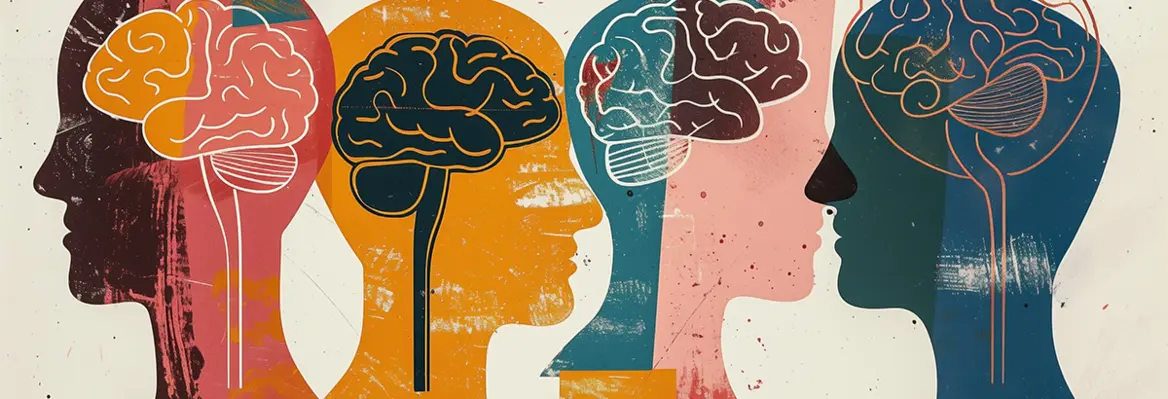In order to know anything, we must be conscious of it. This simply idea, combined with a recent modern move away from metaphysical physicalism, has led many to claim that consciousness itself is fundamental; fundamental not only to our experience of reality, but fundamental to reality itself. But, argues neuroscientist James Cooke, this is to mistake the foundations of knowledge with the foundations of the world.
For centuries, philosophers have wrestled with a simple but unsettling question: if all we ever know of the world comes through consciousness, how can we be sure there is anything beyond it? If reality comes to us through the filter of our fallible minds, how can we know that we are actually experiencing something real in this moment? How do you know that this is not a dream that you are about to wake up from?
In light of this possibility for doubting reality, how can we begin to assess what is real? One approach is to throw out everything that can be doubted until one settles on a bedrock undoubtable truth. This is the skeptical approach that Descartes took. He settled on experience as the one undeniable truth, proclaiming cogito, ergo sum—I think, therefore I am. Even if all else were illusion, the fact of consciousness itself could not be doubted, as doubt would be an experience arising in consciousness, and this would demonstrate its existence. For Descartes, this became the unshakable ground of all knowledge in his philosophical system.
This is an important insight for understanding how it is that we can know reality, but it is sometimes confused as having implications regarding the nature of reality itself. This leads some to the conclusion that only mind exists, a metaphysical stance known as idealism. Consciousness, under this view, is not merely epistemically primary, it is ontologically fundamental. Reality, idealists argue, is mind-like at its core.
The logic often goes like this: have you ever encountered anything outside of consciousness? Everything you have ever experienced arises within experience, by definition. If you cannot step outside consciousness, how can you justify claiming that anything exists beyond it?
___
The key point here is that epistemology and ontology are different things.
___
The flaw in this reasoning is the assumption that knowledge must be direct, but there is no reason to believe this to be the case. If knowledge of reality is assumed to be direct, then only experience can be real. If knowledge of reality is indirect, then it is possible that there is more to reality than experience.
The key point here is that epistemology and ontology are different things. The insight that our experience of reality arises in the mind tells us nothing about the nature of reality itself; it is a claim about epistemology, not ontology. It tells us about the standpoint from which we know, not about the nature of what is known. Using this insight to bridge from epistemology to ontology is like saying that because every map is drawn on paper, the territory itself must be made of paper.
SUGGESTED VIEWING A landscape of consciousness With Robert Lawrence Kuhn






















Join the conversation